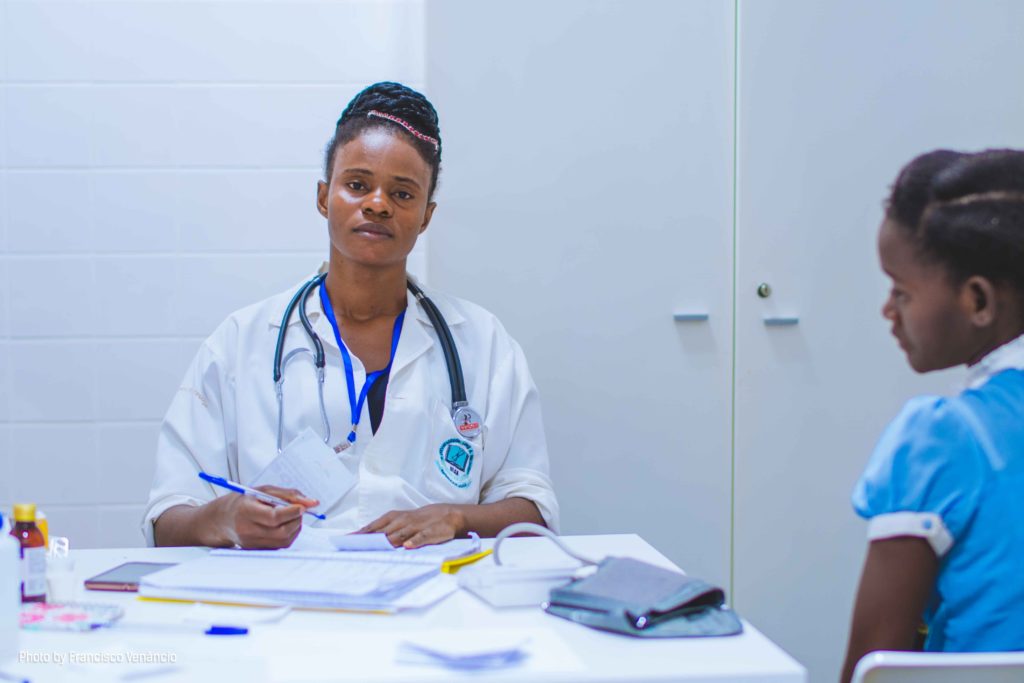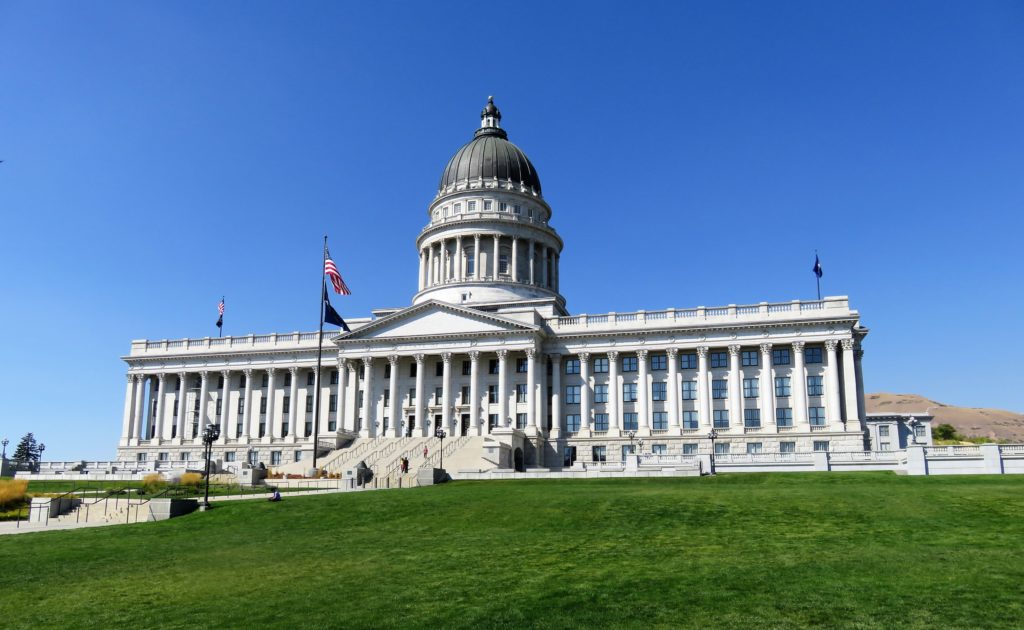Abortion is a common means of reproductive control. Having the choice to terminate a pregnancy gives women agency over when and if they are ready to give birth.
Clandestine procedures
Research shows that when the procedure is criminalised, the consequences can greatly impact a woman’s health and safety, as well as restrict her right to autonomy over her own body.
Recent restrictions to abortion access in some US states have been met with global protest. They’re reminiscent of something you would come across in Margaret Atwood’s The Handmaid’s Tale; a violation of reproductive rights in an attempt to encourage pregnancies to be carried to term.
Dr Salma Ahmed, a Research Fellow from Deakin University’s Alfred Deakin Institute for Citizenship and Globalisation (ADI), says that past abortion bans have historically been unsuccessful in minimising the number of procedures.
“The direct result of a crackdown on abortions is an increase in the number of illegal abortions using pathways that are unlawful or unsafe,” she says.
“These often end with tragic consequences, like the death of the mother.”
Illegal abortions lack the adequate resources and medical attention of above-board procedures. They are clandestine, completed out of necessity. Women who cannot access abortions through conventional and safe routes have no choice but to turn to illicit practices to address their unwanted pregnancies.

In 1970s Romania, restrictive abortion and contraceptive practices were used in an attempt to induce a baby boom to increase the country’s population. It resulted in the deaths of more than 9000 women due to complications from illicit abortions.
Today, in parts of the world where the practice is illegal, botched abortions collectively result in approximately 30,000 deaths each year.
Despite the enormity of these figures, Dr Ahmed points out that abortion rates, both safe and unsafe, are relatively low, especially in developed countries that have better access to health care and birth controls than developing countries.
Contraceptive counselling is imperative to birth control
“There are a number of ways to reduce abortions that will ultimately increase a woman’s health and her overall well-being,” Dr Ahmed explains.
“One is to provide free contraceptive counselling, especially to those who are at risk of bearing unwanted pregnancies, like adolescents.”
According to the HuffPost’s health and science platform, the annual abortion rate in the United States declined from 42 in 1000 adolescents to 10 in 1000 adolescents in 2008, after students were given free contraceptive counselling.

While providing access to family planning methods and preventative care at a low cost can help to minimise the number of abortions, introducing legislation that criminalises the procedure seems to have the opposite effect.
“Proponents believe there is no evidence that antiabortion laws were highly effective in reducing the number of abortion rates,” Dr Ahmed says.
“A study published in the Lancet in 2016 found that the average abortion rate in countries where the procedure is outlawed is 37 per 1000 women, compared to 34 per 1000 in countries where abortions are legal.”
Despite the fact that the procedure was illegal, the number of abortions sought out barely changed.
The carrier’s choice
Recent restricted abortion laws in Alabama, Georgia, and other parts of the United States will be devastating, according to Dr Ahmed, and are unlikely to minimise the number of abortions that occur each year.
Instead, they will further impact the quality of life for already disadvantaged groups, such as people of colour and low socio-economic status.
She says that people may endorse anti-abortion laws for a variety of reasons.

“Supporters of these laws may believe that banning certain abortion procedures can improve the mental and physical health of the mother. Some believe that they acknowledge the foetus’ right to thrive and be born. Others believe that abortion is an act of murder.”
In Australia, MPs in New South Wales are debating whether or not to introduce legislation that would decriminalise the practice in the state.
According to the current bill, women who have ‘unlawfully’ sought an abortion can be prosecuted under the law, as can anyone else who performed the abortion or supplied tools that could be used for one.
The new legislation would clarify what constitutes as an ‘unlawful’ abortion and would remove the legal ambiguity for both patients and doctors so that the procedures can be completed with certainty.
A similar bill was put forward in 2016 but was voted down in favour of the current restrictions.
Terminating a pregnancy is sometimes a necessity, and a decision that Dr Ahmed says implicitly lies with the carrier of the child to make.
Essentially, forcing women to involuntarily carry a pregnancy to term prevents them from participating in the world at their full capacity. This can lead to poor bonding between the mother and the child, which can in turn lead to child malnourishment and mortality.
This is most likely to occur in families who cannot afford the ongoing expenses that come with a baby.
“In the twenty-first century, when women are claiming political power and embracing crucial posts in the public sphere, such anti-abortion campaigns lead to changes in women’s lives in the political and economic context,” Dr Ahmed says.

She adds that supporting women through higher education and bodily autonomy, including reproductive rights, has the potential to increase the economic and political participation of women.
“Accordingly, the nation as a whole ends up with higher economic growth,” Dr Ahmed says.
Coincidentally, this also has the potential to reduce the number of abortions and maternal deaths. It even has the ability to impact the number of pregnancies that are carried to term by choice.
“It has the potential to increase the number of births in developed nations given the existence of work-life balance policies,” Dr Ahmed says.
“When women feel supported in their decisions around their pregnancies, they can feel much more comfortable at the prospect of bringing children into the world.”
Melina Bunting
Staff writer



